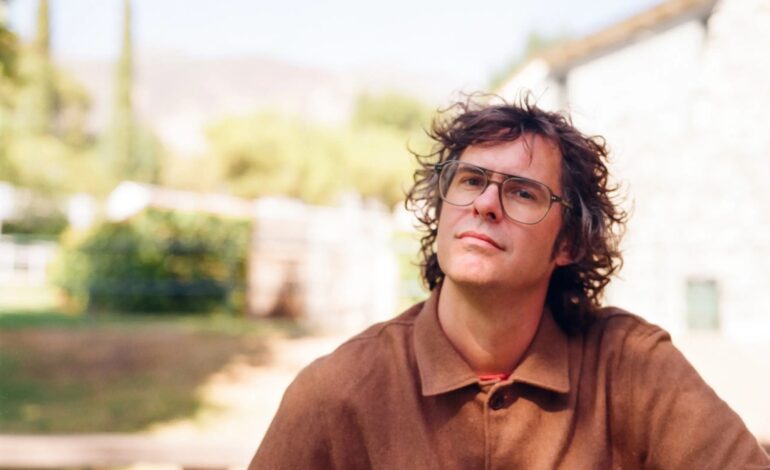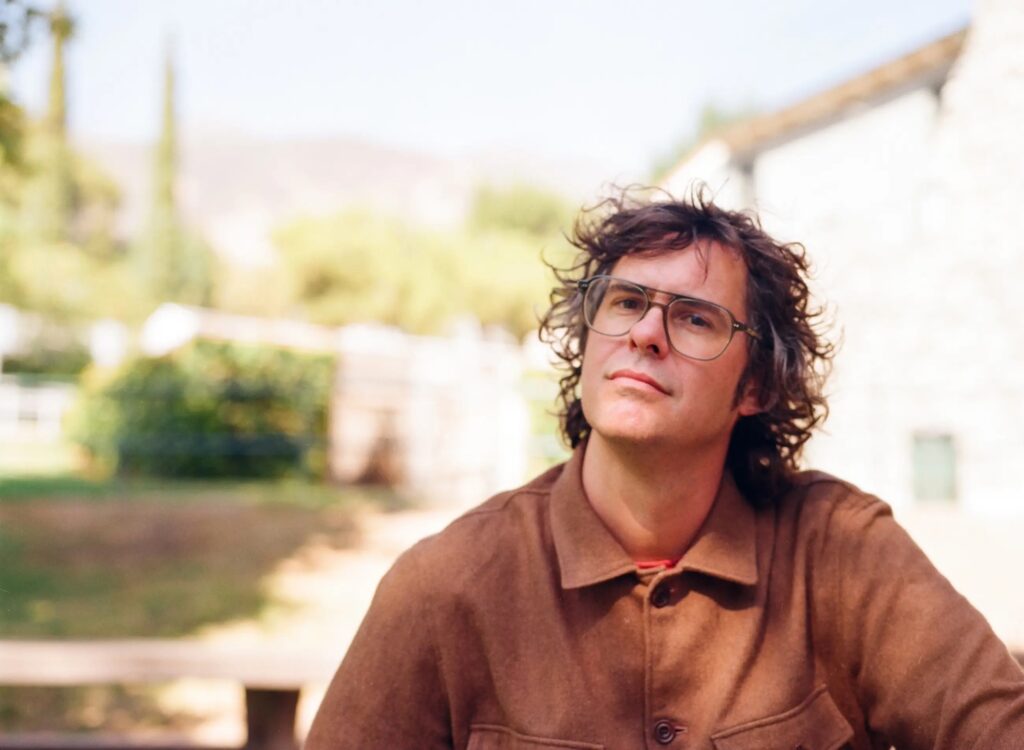Exploring New Dimensions: An Interview with James Petralli of White Denim


White Denim has built a reputation for constantly pushing musical boundaries, blending genres with fearless creativity. At the helm of this ever-evolving project is James Petralli, whose artistry and vision have shaped the band’s unique sound since its inception in 2008. With their latest album, 12, Petralli dives into new creative territories, balancing personal upheaval, artistic growth, and fresh musical influences. In this candid conversation, he reflects on the distinct 70s-inspired direction of “Second Dimension,” the impact of turbulent life experiences on the album’s themes, and how a move from Austin to Los Angeles has reinvigorated his creative process.
From collaborating with talented session musicians to drawing inspiration from legends like Nick Lowe and Joe Jackson, Petralli’s approach to music-making is one of constant reinvention. As he shares his insights on producing 12 and his experiences in high-level projects like Daisy Jones & The Six, it becomes clear that White Denim’s evolution continues on a path defined by both intention and spontaneity. Join us as Petralli delves into the stories, sounds, and philosophies that shaped 12 and reveals what keeps him returning to the canvas, ready to create again.
1. “Second Dimension” has a distinct 70s orchestral funk vibe. What inspired this direction, and how did Michael Hunter’s involvement shape the song’s development?
Michael wrote and recorded the music for second dimension on his own. I just penned and performed the lyrics and produced the recording. The band I hired for the sessions that made the final track more or less represented or expanded upon Michael’s ideas. The only instrument on the track that is typically associated with an orchestra is the flute-and there was no precedent for that instrument in Michael’s original arrangement. That was performed by a brilliant composer named Jesse Chandler. I typically only employ musicians that are interested in and capable of autonomously creating compositions. I think this is the primary reason that my group can continue to evolve and maintain steady musical growth. It isn’t always easy from a social standpoint as a bandleader but the music comes first for me and this sort of collaboration is essential to the music of white denim.
2. You’ve cited turbulent personal experiences during the making of 12. How did events like caring for your partner’s father and homeschooling your children impact the themes and sound of the album?
Watching a loved one die is extremely difficult and an experience that all human beings will share. We can choose to turn away as it is happening but it is an essential experience and occurs nonetheless. Music and writing have been the most healthy ways I’ve known to process the events of my life. Caring for children is infinitely challenging and infinitely rewarding and the responsibility has given me a foundation in life that just is and will remain as long as I live. The music is only possible because of these facts-it is difficult to put into words explicitly because I feel like it creates unnecessary and frankly irresponsible separation. The music of White Denim is inextricably and deeply tied to my life and my connection to the lives of others.
3. How did working as a “stunt vocalist” on Daisy Jones And The Sixinfluence your approach to producing 12, especially now that you’ve taken on the role of main producer and engineer?
That was fun. I didn’t end up on the recordings anywhere as far as I know. I was fortunate to get a glimpse of a production at the highest level and take part in a small step taken along the way to something greater. The most important thing I took away from that session is that there are creative professional people in Los Angeles that make great music for a living. I want to be one of them.
4. With influences like Nick Lowe and Joe Jackson shaping this album, what drew you to their music, and how did it inform the creative direction of 12?
I especially like the urgency and studied feel of the work of those guys. They understand how the music should be built and presented on record. I suspect that they are deeply aware of their position in the greater context of music. I aspire to do that-I’m not sure I’ll achieve that natural cool thing on a record but I want to.
5. How did relocating from Austin to Los Angeles affect your songwriting and production process for this record? Do you hear LA’s influence in the sound of 12?
LA represents promise and possibility for me so I will find and create energy here to continue to pursue a life in art. There are too many bands to name from LA that have influenced my music over the years. One from the past that I will name though is Love. Love is one of the very greatest bands of all time in my opinion and they influence me every time I sing or play a guitar.
6. Reflecting on White Denim’s evolution since 2008, what elements from your earlier work do you find yourself revisiting in 12, and how have they transformed over time?
I think the music is evolving on a flat plane. In the second dimension if you will. What is today always was and will be as long as I keep showing up with an open heart and the will to create. If I stop, so does our time together.
Check out “Second Dimension” below:





1 Comment
m0kcx5